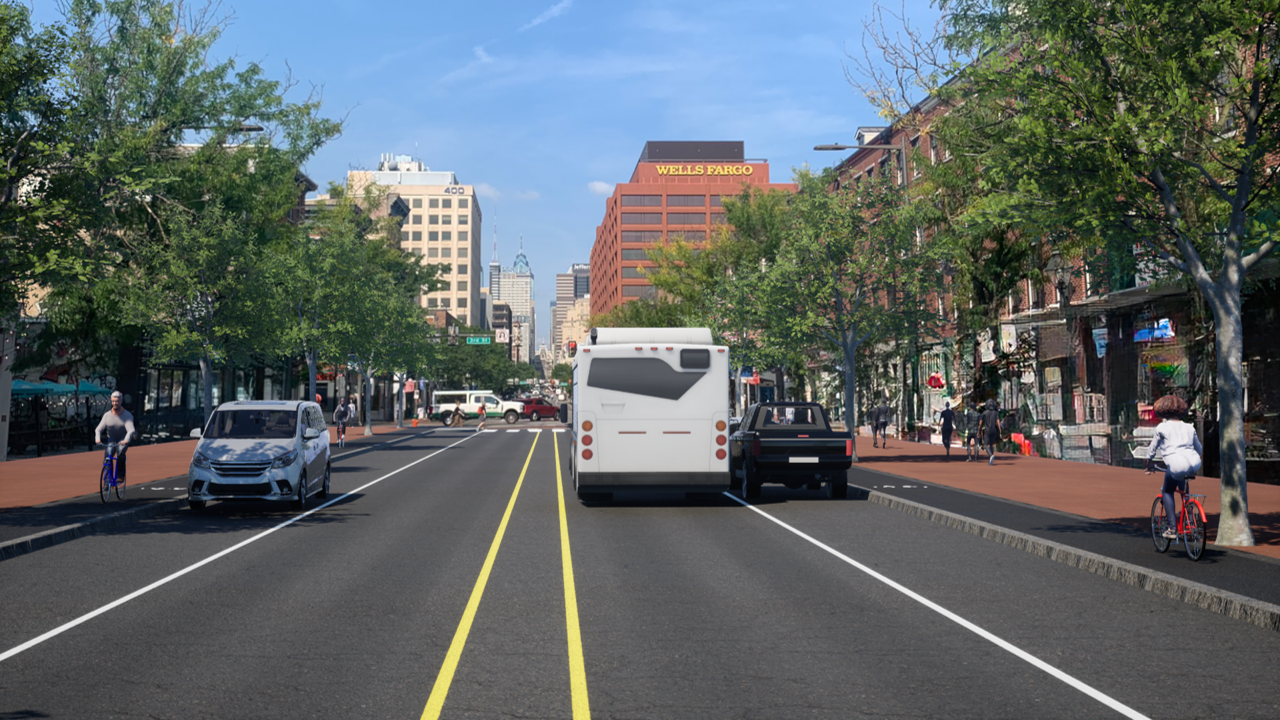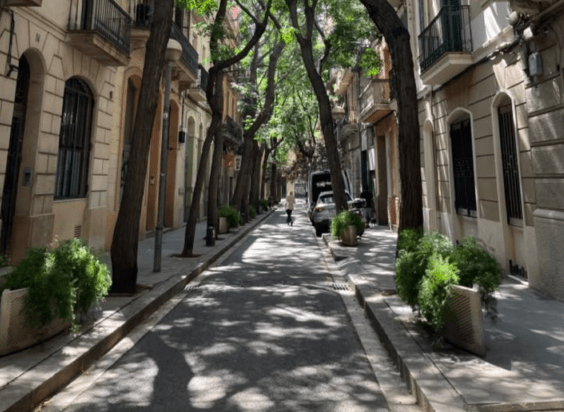 Photo: pixieclipx
Photo: pixieclipxThe Senate Transportation Committee met earlier this week to consider AB 744, a bill that would authorize the MTC to convert carpool lanes to toll “express lanes” and use the revenue to expand the regional carpool and bus express lane network. To its critics, the plan is the last gasp of suburban highway expansion. To its proponents, it’s the beginning of road pricing and a substantial enhancement for regional transit.
The bill would allow the MTC to charge a toll for single occupancy vehicles to access the 500 miles of existing carpool lanes and use the revenue generated to build 300 miles of new carpool lanes on suburban freeways. The Sierra Club and most other environmentalists support the conversion of existing HOV lanes to HOV/toll lanes, as long as fast speeds in the carpool lanes are preserved and the funding generated is used for transit, as is the case with the lanes currently in operation in Santa Clara and Alameda Counties. It’s the creation of 300 miles of new highway lanes where urbanists and environmentalists object to the MTC’s plans.
“There are some environmentalists for whom the outcome they’re seeking is not to have the network at all, and that’s unfortunate,” said Randy Rentschler, Legislation and Public Affairs Director for the MTC. Rentschler says the network will provide connectivity in the express lane that will provide “significant benefit to public transit,” especially the important kinds of transit that city residents such as San Franciscans might not appreciate: vanpools, corporate shuttles, and regional express buses.
Urbanists counter that the plan only contemplates express lanes on suburban highways. Creating express lanes close to San Francisco or Oakland would require converting existing multi-purpose lanes to express lanes, something MTC staff assumes is politically impossible. That assumption was buttressed by an amendment to AB 744 offered by Senator Joe Simitian and “accepted” by the MTC expressly prohibiting the MTC from converting existing multi-purpose lanes to tolled express/carpool lanes. If, as planned, the express lanes will stop at the edge of urban Oakland and San Francisco and the revenue generated from those lanes stays in the corridor where it’s generated, urbanists contend the network will induce sprawl by improving suburban freeway efficiency and throughput while urban areas get no funding, just more traffic.
Another objection to the bill is that by authorizing new freeway lanes, even if they’re restricted to carpools and toll-paying SOVs, the legislature would contradict its commitment to reduce greenhouse gas emissions. The MTC claims its proposal will reduce greenhouse gas emissions, but an analysis by SPUR that takes into account the induced demand expected from new highway lanes suggests the express lanes will result in substantially more greenhouse gas emissions.
This debate comes down to the question of trade offs between the costs and benefits of induced SOV demand and increased transit efficiency. Do you think that it’s acceptable to increase the capacity of freeways to handle single occupancy vehicles in order to gain substantial efficiencies in transit, or do you prefer to accept inefficiencies in transit until such time that converting multi-purpose lanes to express lanes becomes politically feasible?
The Sierra Club is currently opposing the bill with two key asks: (1) require that 75 percent of the gross revenues support public transit immediately, instead of being used to finance new highway lanes, and (2) prevent the amendment prohibiting conversion of existing multi-purpose lanes to express lanes [PDF].
TransForm has no official position because their coalition has not formally considered the proposal, but a letter from Executive Director Stuart Coehn to the Senate Transportation Committee expressed a number of concerns [PDF]. Cohen said that the “equity analysis” called for in the legislation was “totally inadequate.” Cohen's letter also doubted that the revenues from the system would be anywhere near the MTC’s optimistic projection of $6.1 billion, net of $13.7 billion in gross revenues minus $7.6 billion in construction, financing, and maintenance costs. Professor Pravin Varaiya of UC-Berkeley, as cited in the Senate’s official analysis of the bill, says that the revenue from the I-680 southbound lanes will be “unlikely to cover its operational costs, let alone its capital costs.”
Cohen also expressed concern that the legislation would allow speeds in the express lanes to degrade, eliminating the benefit to transit riders and carpoolers.
TransForm Transportation Program Director Carli Paine said, “we see a a good chance for a worst case scenario without a lot of prevention built into the bill.”
“It would be good to [delay the bill to] have the time for an honest discussion about how this network would work, and how it could realistically generate benefits that the community wants,” said Paine. Foremost among those, she and Katz have said, would be to make transit improvements “off the top” instead of with net revenues after the network is built out.
The Senate Committee will consider the bill again next Tuesday. Katz asks readers to contact your state senator or one of the senators on the Transportation and Housing Committee to reiterate your concerns.






